Paralympics Continue To Make History
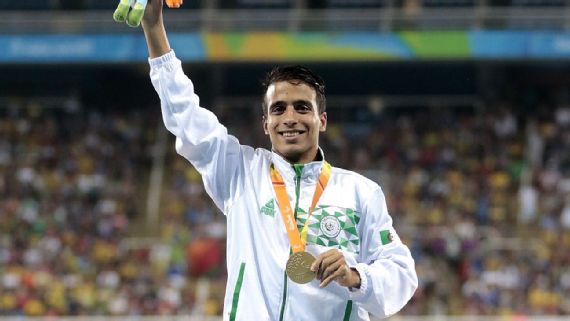
Photo courtesy of Alexandre Loureiro
Abdellatif Baka wins gold in the men’s 1500 m
September 28, 2016
Now that Ryan Lochte and his robbery fiasco has left Brazil, we can focus on the Paralympic Games that are ongoing in Rio.
The international multi-sporting event for disabled athletes is currently being held in the land of Carnaval, and the success of the Paralympians is a living testimony of hard work paid off.
In a society where being different is not always accepted, the Paralympic Games are an example of differences being overcome to achieve long-wished for dreams and goals. Take Abdellatif Baka, for instance. The Algerian vision-impaired runner won gold in the men’s 1,500m T13 final race and made international news with three other athletes, Tamiru Demisse of Ethiopia, Henry Kirwa of Kenya, and Fouad Baka of Algeria who is the gold medalist’s brother. These four Paralympians outran everyone at the able-bodied Olympics in Rio, proving to the world that disabled athletes have no limits and can accomplish any aspirations they may have.
For centuries the disabled were considered outcasts of society, let alone allowed participation in sports. However, when the Paralympic Games were established in 1948, representation for people with disabilities was widened globally and milestones were made in sports history.
“I think our world is closing the gap and people with able bodies and people with disabilities are a lot closer together now than they ever have been,” said director of student activities, Andy Muir. “The more people will gain an understanding [of the Paralympics], the more society starts to overcome those barriers and those preconceived notions of what people can and can’t do.” Despite having lost part of his arm due to electric shock, India’s Devendra Jhajharia still won gold at the men’s javelin throw F46 final. This is significant because he broke his own world record, established in the 2004 Athens Paralympics. Countless hours of training and frustration is what these Paralympians have to endure to take home the gold and they inspire athletes all across the globe that doing your ultimate best in what you love leads to success. “The Paralympic Games offers a different perspective on how other people have to do things,” said junior Jordan Schuck, a member of the JV girls soccer team. “It’s inspiring for me as an athlete because these Paralympians did it despite having to try harder than anyone else.” Deepa Malik, another athlete hailing from India, became the first woman from her country to win a medal at the Paralympics, sending a message of hope and encouragement to all women to not allow patriarchal society to suppress one from reaching your goals in life. “I believe that the Paralympics certainly allows the general public to see that people with disabilities are able to have success in lots of different areas,” said learning disabilities teacher Nancy Spinosa. “The fact that they are disabled in one way doesn’t necessarily mean that they are unable to reach their goals.” For athletes with disabilities, their world is full of obstacles unknown to most of us. But through the Paralympics, dreams become a reality and wishes become tangible things that a disabled person can strive for. That is what makes it so inspiring for the rest of the world. “Anytime you have the ability to follow a passion in an activity or sport and you get the ultimate thrill of representing your country, I think that’s a great thing and we should encourage people to do it” said Muir.





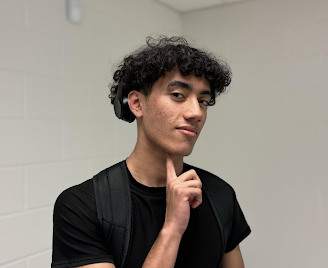
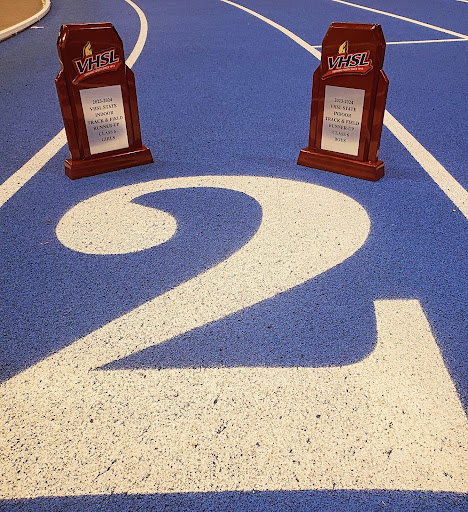

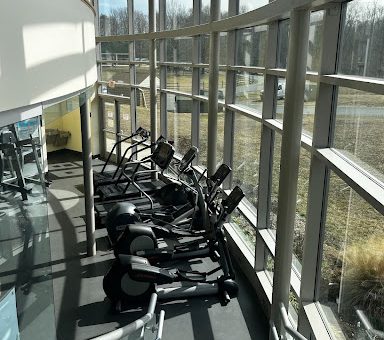
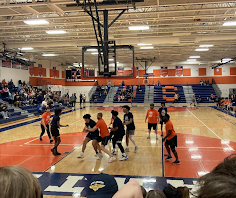
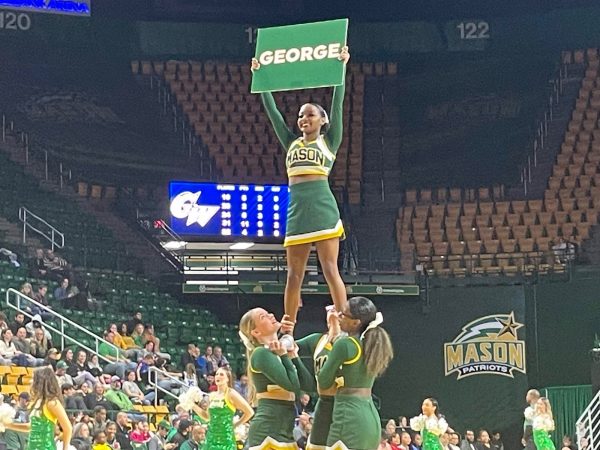




![“My dad started me [in golf] when I was four years old and then in about eighth grade, when
COVID-19 started, I started playing competitively,” said varsity golf captain Grace Saunders.](https://theoracleonline.org/wp-content/uploads/2023/11/unnamed-7.png)